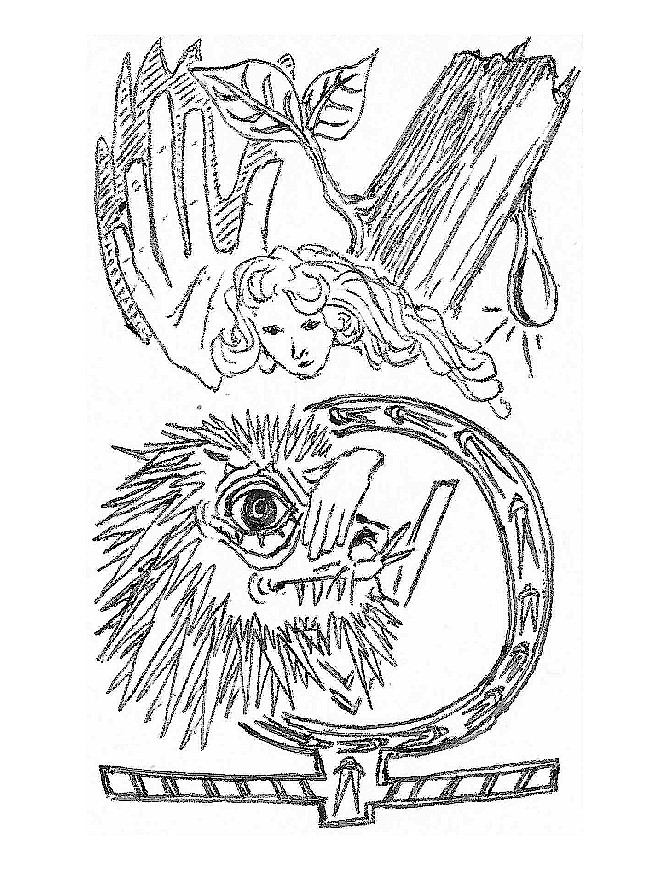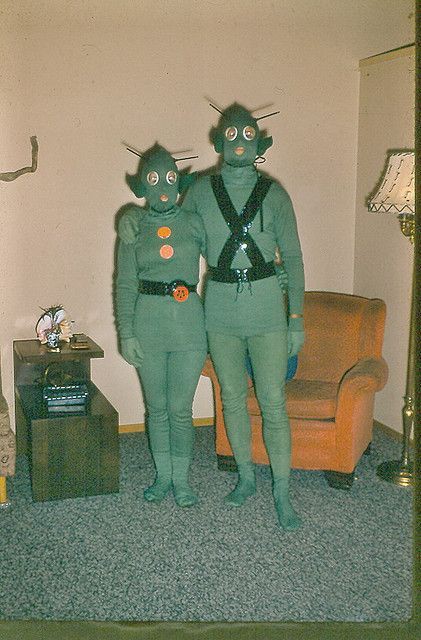Watch
Events
Articles
Market
More
Zechariah 12:2—3, “Behold, I will make Jerusalem a cup of drunkenness to all the surrounding peoples. Judah will be besieged, as well as Jerusalem. On that day, when all the nations of the earth gather against her, I will make Jerusalem a heavy stone for all the peoples; all who would heave it away will be severely injured.” What kind of event (still in our future) would cause all of the nations of the world to come against Israel only to be defeated? The answer will surprise most people.



HOSPITAL STAY
A prayer while in hospital
References:
Hebrews 13:5 --- John 14:6, 27 --- 2 Corinthians 1:3, 20 --- Hebrews 10:23 --- Jeremiah 1:12 --- Isaiah 26:3 --- Philippians 4:7, 19 --- Colossians 1:9 --- 1 Corinthians 14:33 --- Numbers 6:24-26 --- Psalm 91 --- Jeremiah 31:3 --- 1 John 4:18 --- Psalm 94:18-19 --- Jeremiah 30:17 --- Exodus 15:26 --- Isaiah 40:31 --- Ephesians 5:18 --- Galatians 5:22-23 --- Acts 1:8 --- John 16:23
Healing Promise:
“Peace I leave with you, My peace I give to you; not as the world gives I give to you. Let not your heart be troubled, neither let it be afraid” (John 14:27)
Healing Prayer:
My wonderful Abba Who are in heaven, as I spend time now in hospital, I thank You for the promise of Your Word, which assures me that You will never leave me nor forsake me. Your promise of peace comforts me and I ask You to minister Your peace to me now as I pray. I rejoice that all of Your promises are yes and amen in Moshiach Yeshua. You are faithful my Adonai and my YHVH and You watch over Your Word to perform it in my life. Abba help me, while I am in the hospital, to keep my mind stayed on You and to trust You, because I know this will give me perfect peace. Let Your peace which surpasses all understanding, guard my heart and mind while I am hospitalized. Abba YHVH, I ask You to take good care of me as I go through the various tests and procedures the doctors have chosen or will choose for me. You supply all my needs according to Your riches in glory by Moshiach Yeshua Abba. I need for my doctor and medical staff to provide the best possible medical care to me. Therefore, I ask You to give them special skill, wisdom, mental clarity, knowledge and understanding as they plan and perform the necessary procedures and provide my care afterwards. Help my doctor and the hospital staff Abba and give them an attitude of mercy and compassion toward me and all their patients, as they minister in the healing arts. I pray for my doctor and the medical staff and I ask them to fill them with the knowledge of Your will in all wisdom and with the special understanding they need to make all the right decisions regarding my care. Enable them to do their work without confusion. Be with them and guide them, as they study my case and make decisions relating to my care. Lift up Your countenance upon them and bless them my Adonai and my YHVH, as they perform their important ministry. Abba, You are my protector and I ask You to protect me from all infections, viruses, mistakes and errors during my confinement in the Hospital. Thank You Abba for loving me with an everlasting love. Let Your perfect love fill me now and cast out all fear. I love You my YHVH, for You are my refuge and my fortress. You are my YHVH and in You I will trust. Because I have set my love upon You Abba, I know You will deliver me, answer my prayers, be with me and satisfy me with long life. Your mercy O Adonai is holding me up. When anxious thoughts come, my soul delights in Your comforts. You are the Abba of mercies and the YHVH of all comfort and I thank You for comforting me during this time of medical procedures and recovery. I ask for my recovery to be quick and complete Abba, for I know You will restore health to me and heal me of my wounds. You are Adonai Who heals me. During this time Abba, I will wait upon You and I know You will renew my strength. If any of my physicians do not know You personally Abba, I beseech You to lead them to a saving knowledge of Yeshua Moshiach, Who is the way, the truth and the life. Let me be a witness to others during my hospital stay Abba. Fill me with Ruach HaKodesh and let the fruit of the Spirit in my life draw others unto you. Empower me by Ruach HaKodesh to be an effective witness to hospital staff and other patients while I am here. Nothing would thrill me more Abba, than to be able to lead others to a saving knowledge of Yeshua Moshiach. Bless my doctor and the hospital staff and all their loved ones. All these things I ask in the matchless Name of Yeshua, amen.



From an OOM project.
Talk to me about people who make intriguing Strange things!
Every working day I create an OOM for the Strange things of our Maker.
ofourmaker.com
#dailycreatedoom 2023/09/14




These OOMlich costumes.
https://www.pinterest.com/pin/480759328983653873/
Tell me about a Strange thing that intrigues you!
Every working day I post an OOM for the Strange things of our Maker.
ofourmaker.com
#dailyoom



